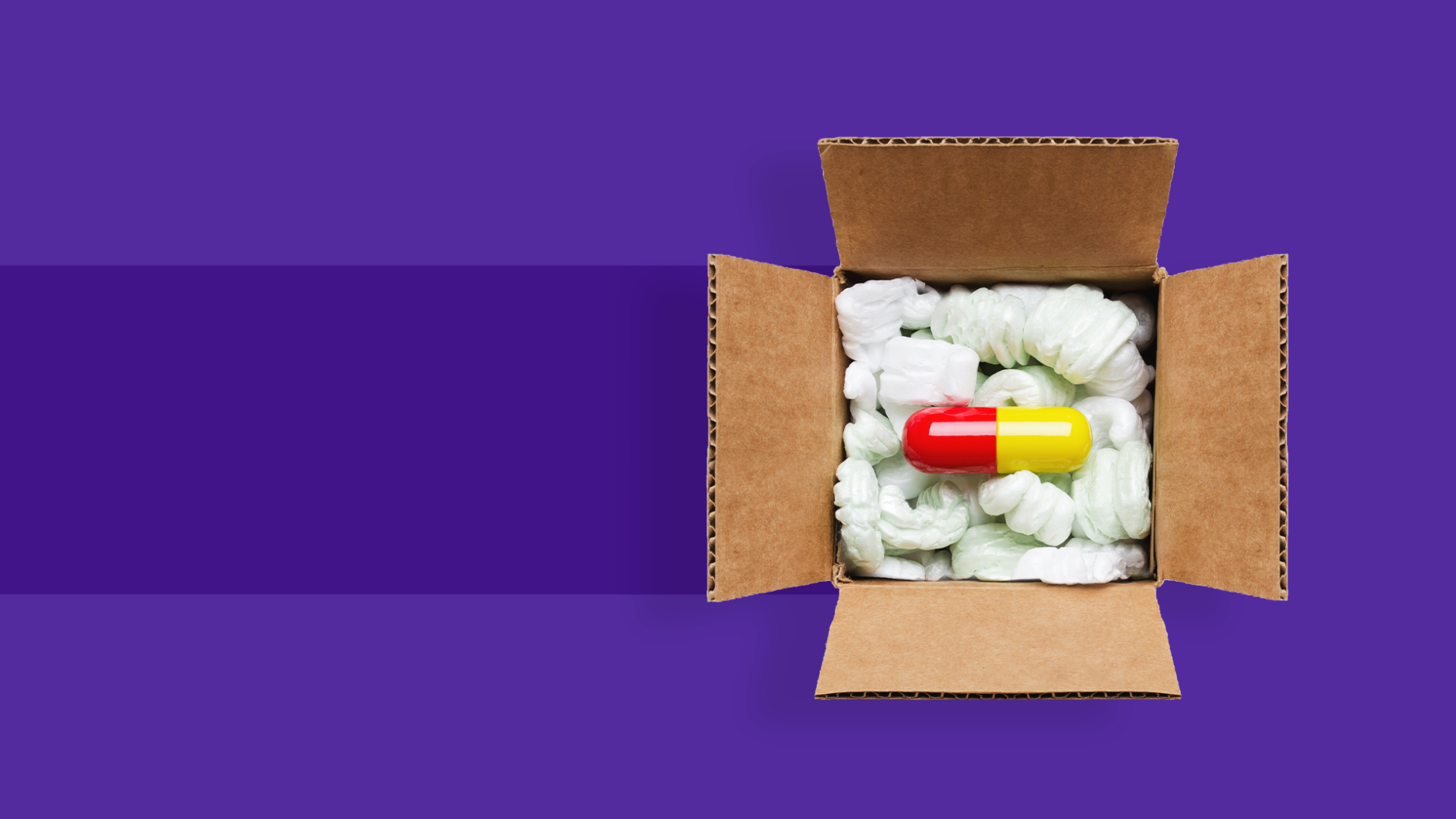Key takeaways
Flushing unused prescription medications poses environmental risks, and giving them to friends is unsafe and illegal, leaving safe disposal or donation as the recommended options.
Unused prescription medications can be donated to help address the $5 billion worth of medications that go to waste annually in the U.S., but rules and opportunities for donation vary by state.
Some states, like Wyoming and Iowa, have programs that allow for the donation of unexpired, sealed medications by individuals, either by mail or in person, with specific requirements for expiration dates and packaging.
Expired, opened, or controlled substances like opioids cannot be donated, with most programs focusing on accepting medications needed for chronic diseases like diabetes, heart disease, and mental health conditions.
If your medicine cabinet is brimming with prescription medications you never used, you might be wondering what, if anything, you can do with them. Flush medications? Not typically—this has environmental risks for certain drugs, according to the FDA. Give them to a friend? Never (this is not safe or legal, says Dr. Sean D. Sullivan, professor and dean of the University of Washington School of Pharmacy). Can you return unused medicine to the pharmacy ? Not an option (except for certain approved drugs at certain locations).
This leaves two choices. Dispose of them at a safe collection site (enter your zip code in the National Association of Boards of Pharmacy Drug Disposal Locator to find one near you), or donate them.
Unused medication donation
Donating might seem like the way to go, considering the amount of medications that go to waste each year in the United States: $5 billion worth per year, says Kiah Williams, co-founder of Sirum, a non-profit organization that helps collect and redistribute surplus medications from pharmacies and healthcare facilities to low-income individuals. However, it isn’t as simple as rounding up your pill bottles and dropping them off at a local charity.
Rules and opportunities vary by state. The National Conference of State Legislatures reports that 38 states and Guam have passed laws allowing for the establishment of medication donation and re-use programs as of 2018, but they do not all have programs in place. Among those that do, only a few have avenues for individuals to donate unused medication. Fortunately, some accept out of state donations by mail.
Where can I donate unused medication?
One of those that accepts out-of-state donations is the Wyoming Department of Health, which accepts donations of sealed medication that is five or more months out from its expiration date. Donors collect and prepare the bottles, fill out a public medication donation form and ship (or, if you live in Wyoming the donation can be dropped off at a collection site). Iowa’s SafeNetRX program is similar. And if you happen to be in Louisiana, you can take prescription donations directly to St. Vincent de Paul Community Pharmacy on weekdays between the hours of 8:30 a.m. and 12:30 p.m. Additional details on programs and regulations across various states are listed on the NCSL website.
Sirum also provides information on donation programs, but it is important to note that they do not facilitate donations between individual consumers and the organizations that provide them to people in need, says Williams—only healthcare facilities, pharmacies, manufacturers, wholesalers, and other related entities.
“We have been called a Match.com for unused medicines,” Williams says. “We work with hundreds of organizations who have surplus medications, and community clinics and charitable pharmacies are on the receiving end.”
RELATED: How to properly dispose of used prescription drugs
Nonetheless, Williams says individuals can still help out by encouraging places you do business with, like a family member’s assisted living facility for example, to donate.
“You can ask ‘what happens to unused medications here?’, or ‘are you donating?’” she says, adding that ideally this would lead to more and more facilities and organizations getting on board the donation train.
Remember these two rules
Williams also points out that whether you are an individual seeking to donate a medication that was prescribed but never used, or a healthcare facility with a surplus, there are two important rules that apply to every program in existence.
First, expired and/or opened medications are never accepted. They must be in their original, sealed containers. Requirements for expiration dates vary by program.
Second, don’t attempt to donate opioids (such as Percocet or OxyContin) or other controlled substances (such as Xanax)—these drugs are not eligible for donation. Most other types of prescription medications are accepted, says Williams, but the ones that seems to come through the program most frequently are “the kind of medications people need for chronic diseases on an ongoing basis.”
“The surplus … mirrors the medications that are most needed,” she says. “So we are looking at medications for things like diabetes, heart disease, high blood pressure, high cholesterol, asthma, COPD, and mental health or behavioral health medications.”




